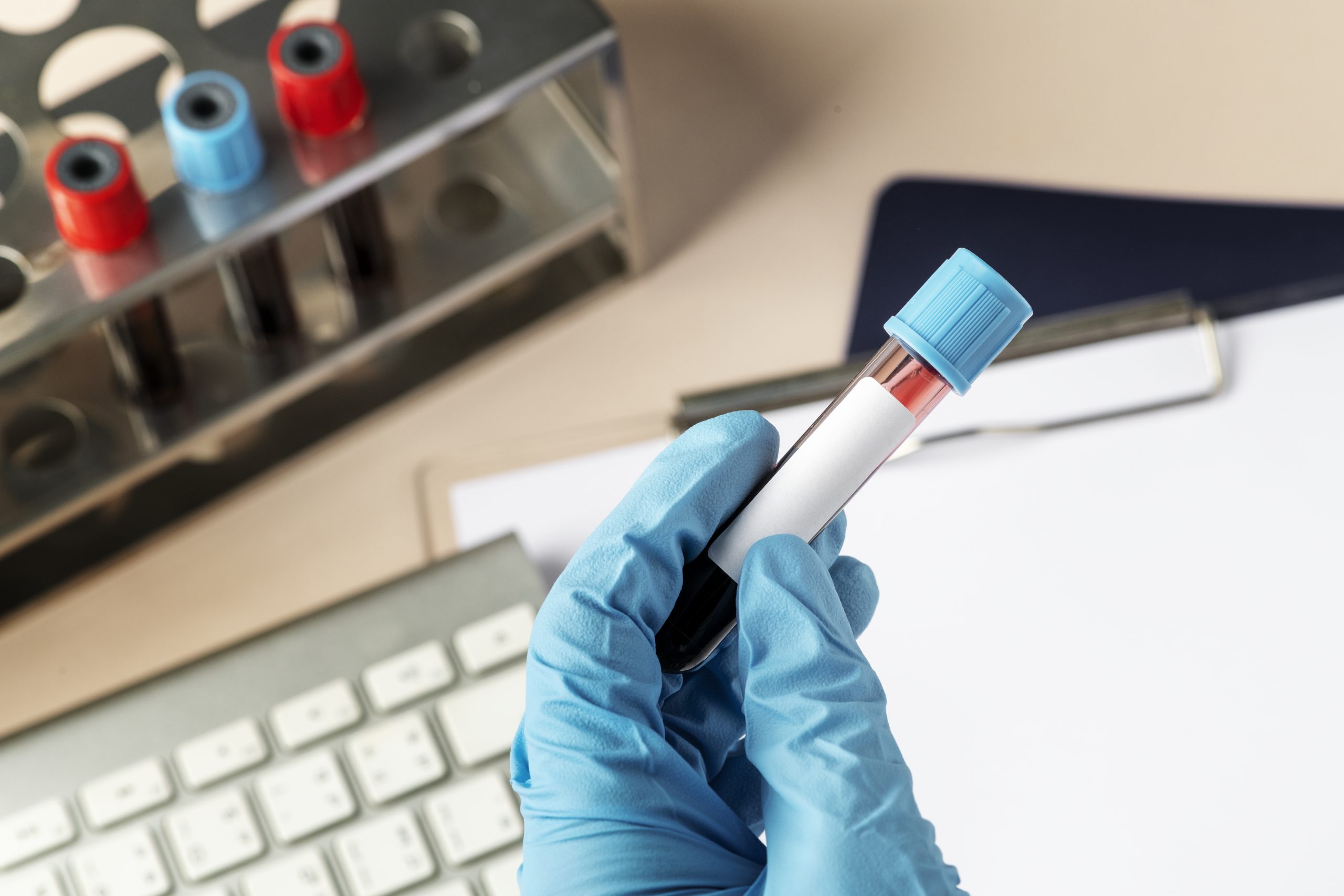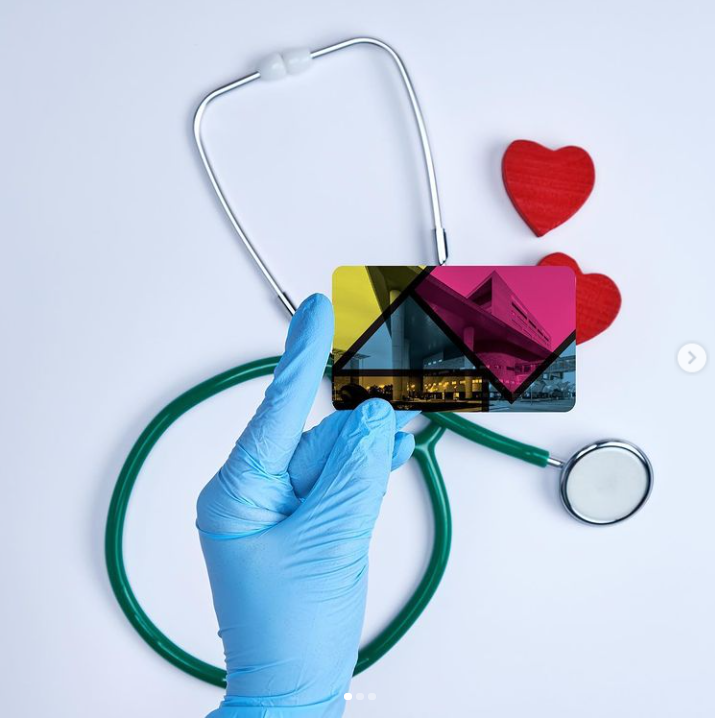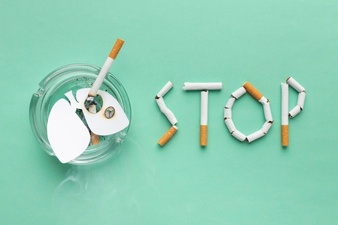It’s a question being asked in homes across the world: When is it safe again to be near someone who’s had COVID-19?
Like other infectious diseases, recovery time can vary from person to person, but experts recommend people follow the guidelines issued by the Centers for Disease Control and Prevention (CDC).
“It is now generally thought that about 10 days after the test that’s positive, if you have no symptoms, no fever, you can be considered no longer contagious,” Dr. William Schaffner, an infectious disease expert at Vanderbilt University in Tennessee, told Healthline.
Those who’ve had COVID-19 and had symptoms can be around other people at least 10 days since onset of symptoms if they’ve had at least 24 hours without a fever without the use of fever-reducing medications. They should also wait until symptoms have improved.
For those who tested positive but had no symptoms, they can be around other people 10 days after the positive test.
People who are immunocompromised should talk to their doctor about whether they need to stay isolated for more than 10 days. Those in this category can be with others after receiving two consecutive negative test results at least 24 hours apart.
How to navigate the recovery period
Experts say recovery is complex and doesn’t necessarily mean a person feels completely well.
“The symptoms can last quite some time so it’s not complete recovery, it’s resolution of fever without the use of fever-reducing medications with progressive improvement or resolution of other symptoms,” Dr. Dean Blumberg.
Just like with many other infectious diseases, some people recover very quickly and aren’t infectious to others and then in others the viral replication might linger on. “In general, follow these guidelines if you are still significantly symptomatic for example having coughing or sneezing.
Even if a person has recovered from COVID-19, experts advise they still be cautious when venturing outside of their home.
What about antibodies?
Although there have been reports of some people developing COVID-19 twice, experts say it’s likely that if you are infected with the illness you are immune for a period of time.
But scientists don’t yet know how long COVID-19 antibodies will last in a person who has developed the disease.
When you get infected with a virus, your body’s immune system responds to it and responds to it very distinctively. The body creates proteins that are called antibodies that actually fight the virus by engulfing it and not permitting it to attach to any new cells. This will bring your viral infection to a close because the virus cannot propagate itself any further in your body. These very specific antibodies, the immune system retains that memory and these antibodies persist in your bloodstream for varying periods of time.”
Still take precaution
Even if a person has recovered from COVID-19, experts advise against visiting with others indoors.
The virus spreads more easily when people are in close contact for an extended period of time, especially when indoors.
The safest contact with someone who you’re not quarantined at home with is contact that is outside, 6 feet apart, with everyone wearing a mask. Significant exposure is considered less than 6 feet apart from someone for 15 minutes or more. Physical contact like hugging or kissing or sharing utensils is also considered significant exposure and should be avoided.
At the end of May when some of the social distancing guidelines were relaxed, many people interpreted that as they no longer had to be careful and we saw an increase in visiting between households indoors, having parties, having gatherings, having social events and I think that’s directly lead to the increased number of cases that we’re seeing in many places. People are not following the science. They are following politics instead and that’s lead to a lot of confusion.
This is the new normal and people just need to get used to it. It’s being a good community member. It’s caring about others within your family, within your community, within your state, and within your country to follow these recommendations and be hygienic. It’s the safe thing to do and it’s the right thing to do.
Source : Healthline







Leave A Comment
You must be logged in to post a comment.